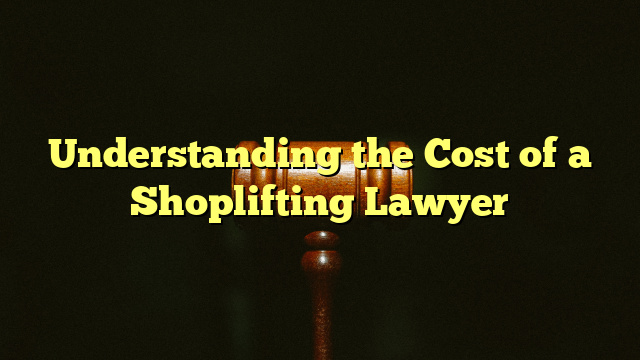body {
font-family: Arial, sans-serif;
line-height: 1.5;
padding: 20px;
}
h1 {
font-size: 24px;
font-weight: bold;
margin-bottom: 20px;
}
h2 {
font-size: 20px;
font-weight: bold;
margin-bottom: 10px;
}
h3 {
font-size: 16px;
font-weight: bold;
margin-bottom: 10px;
}
p {
margin-bottom: 10px;
}
table {
border-collapse: collapse;
width: 100%;
}
th,
td {
border: 1px solid #ddd;
padding: 8px;
text-align: left;
}
th {
background-color: #f2f2f2;
}
a {
text-decoration: none;
color: #000;
}
AI In Retail: Understanding The Legal Implications Of Data Analytics And Privacy
| Table of Contents |
|---|
| 1. Legal Implications of Artificial Intelligence |
| 2. Impact on Privacy Rights |
| 3. AI in Personal Data Protection and Privacy |
| 4. AI’s Impact on Business Processes and Privacy |
1. Legal Implications of Artificial Intelligence
Artificial Intelligence (AI) has numerous legal implications, especially in the retail industry. As AI systems become more advanced, they raise concerns about liability, accountability, and intellectual property rights. Companies using AI must navigate legal frameworks to ensure compliance and protect their interests.
2. Impact on Privacy Rights
The use of AI in data analytics can have significant implications for privacy rights. AI systems often process large amounts of personal data, raising concerns about data protection and privacy breaches. Companies must ensure they have robust privacy policies and mechanisms in place to safeguard customer information.
2.1 AI in Personal Data Protection and Privacy
AI can also play a crucial role in enhancing personal data protection and privacy. By using AI algorithms, companies can identify potential privacy risks, detect unauthorized access, and implement proactive measures to mitigate privacy breaches. AI-powered systems can help automate data protection processes and ensure compliance with privacy regulations.
3. AI’s Impact on Business Processes and Privacy
AI technologies can revolutionize business processes, but they also raise privacy concerns. AI systems often collect and analyze vast amounts of data, including customer preferences and behaviors. This data can be valuable for businesses, but it must be handled with care to protect customer privacy. Companies must strike a balance between leveraging AI for business growth and respecting privacy rights.
3.1 AI and Data Privacy
AI’s impact on business processes requires companies to reassess their data privacy practices. They must ensure they have appropriate consent mechanisms in place for collecting and using customer data. Additionally, companies must implement robust security measures to protect data from unauthorized access or breaches.
3.2 AI and Transparency
Transparency is crucial in AI systems to address privacy concerns. Companies should provide clear information about how AI systems process data and make decisions. This transparency builds trust with customers and helps them understand how their data is being used.
3.3 AI and Accountability
AI systems should be designed with accountability in mind. Companies should be able to explain the decisions made by AI algorithms and take responsibility for any negative consequences. Establishing accountability frameworks ensures that companies can address privacy issues and mitigate potential harm.
Conclusion
Artificial Intelligence has significant legal implications, particularly in the retail industry. It impacts privacy rights, data protection, and business processes. Companies must navigate legal frameworks, implement privacy safeguards, and ensure transparency and accountability in


A lawyer can be costly, but it can be worth the expense when facing a shoplifting charge. Knowing your rights and understanding the legal system is invaluable.
Understanding the cost of a shoplifting case is useful; many lawyers offer fee structures that are quite reasonable.
Agree that lawyer fees vary depending on case. Idea: talk to lawyer before deciding if hiring them is best option.
A shoplifting lawyer will help to navigate the costly penalties associated with this crime.